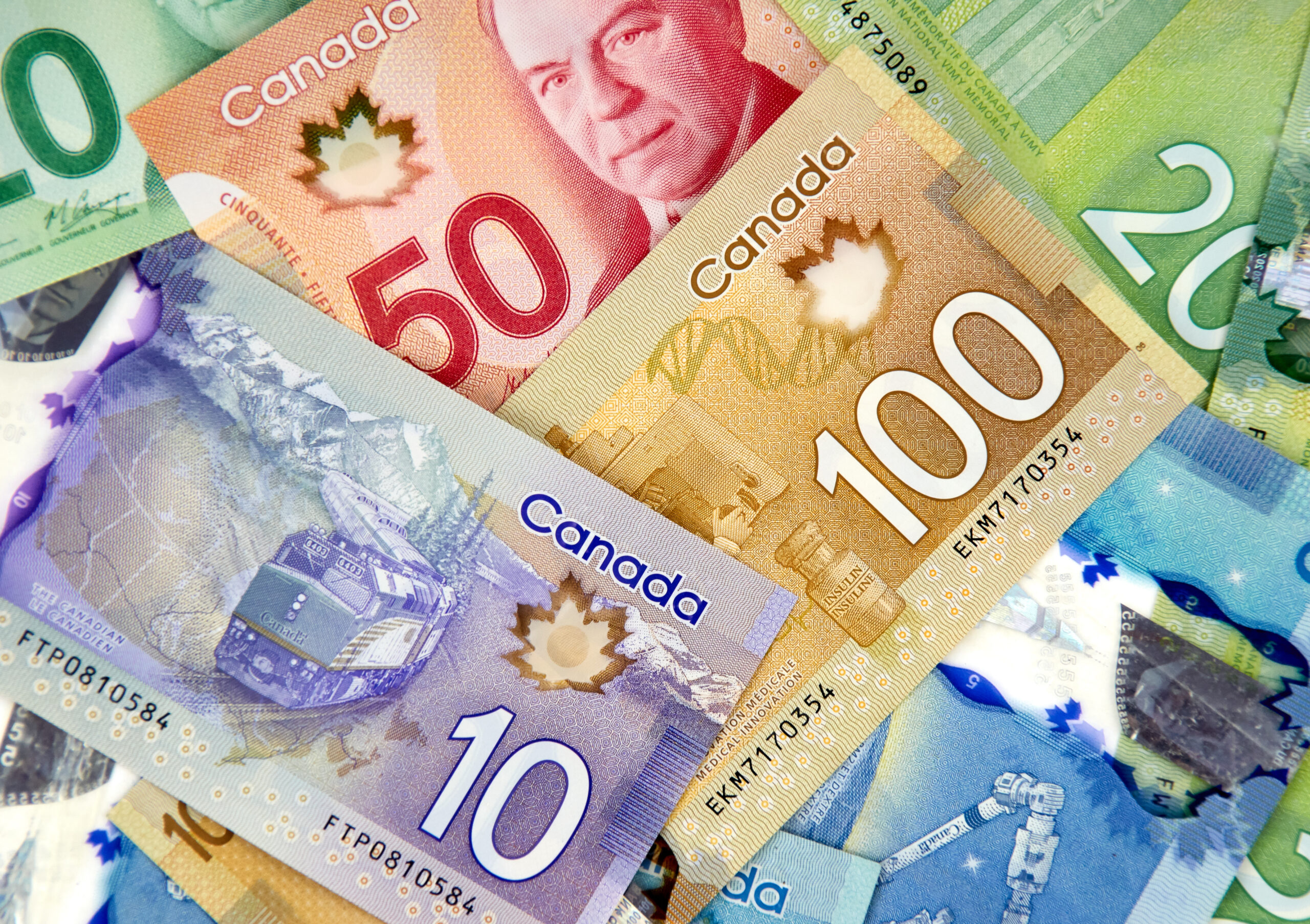
Despite federal legalization, banks in Canada still don’t work with weed
“The big banks won’t even look at you. It’s like you’re not there.”
This is what Ryan Roche had to deal with when he approached banks to secure accounts with them when he began operating Lake City Cannabis’ two marijuana stores in Alberta.
He recalls the frustration and deep disrespect he felt from representatives of major Canadian banks when he tried to get them to accept his business. They weren’t interested at all, Roche recalls, so he started talking to credit unions.
“But they wanted to charge us $500 a month just to work with them, and they wanted to continuously monitor everything we were doing, up and down, left and right,” he says, adding how Lake City eventually accounts secured with Calgary-based ATB, an independent state-owned bank open to clients in the cannabis space.
Cannabis companies should not be penalized for operating in a legal industry
Roche’s experience is not the exception, but the rule.
Canadian cannabis stores and manufacturers continue to face formidable hurdles to overcome when applying for bank accounts with charter banks and often resorting to partnerships with credit unions.
Legalizing cannabis in the US would no doubt alleviate their financial woes, but while those US bills have yet to be submitted, they may find hope in the SAFE Banking Act, which recently passed the House of Representatives in 2021 and later the Senate in 2022 will reach.
At the heart of this problem appears to be the close ties between Canadian banks and their American counterparts, as many of them operate in both countries.
Despite the legal status of cannabis in Canada, charter banks remain concerned about working with cannabis customers as cannabis is still federally illegal in the United States.
“The federal cannabis ban is closing so many doors,” says Paul Dunford, co-founder of Green Check Verified, which helps educate US cannabis companies about funding.
“But if cannabis were legal, that doesn’t mean everyone would open their doors. [Simularly] We’ve seen that crypto is legal in the US, but the banks aren’t interested.”
Cannabis ranks higher than casinos in risk ratings
It comes down to risk assessments, notes Dunford. Banks on both sides of the border are particularly reluctant to take risks, especially when the product for sale is still illegal in the US.
“The global financial system is not bound by geographic boundaries and everything is intertwined beyond physical space,” says Dunford. He notes how the SAFE Banking Act could pull financial institutions out of the quagmire they find themselves in.
“It could encourage more banks to get involved with cannabis as the legislation provides assurances that no federal agency will take action against you if you bank with a legal cannabis business.”
By cutting out the federal bureaucracy that hampers US cannabis companies, Canadian cannabis companies could also benefit through proxies: if big banks open their arms to cannabis, Canadian entrepreneurs could enjoy an easier route to a long-lasting banking relationship.
Curaleaf CEO Joe Bayern says a smoother partnership between cannabis companies and banks will result in a lot less headaches for companies like his.
“So many of our employees are being turned down on personal loans or turned down on life insurance policies, all because cannabis is still illegal in the United States. Legalizing cannabis in the US would clean up that mess.”
“We could operate like any legal business and use credit cards and debit cards and work with big commercial banks.”
He adds that if cannabis companies can’t work with banks, they’re putting themselves at risk. “We end up being such a cash-based business that we’re at risk of being robbed. Not being able to deposit cash regularly is a real security issue,” notes Bayern.
Even a former prime minister has spoken out about the financial challenges facing Canada’s cannabis space. Former Nova Scotia Premier Darrell Dexter said in 2019: “How do you transact if you’re a legitimate business, if you don’t have banking? This is a huge barrier to entry into a legal, regulated market.”
Banking probably won’t get any easier until US federal legalization
Charles Varabioff, owner of Kingsway Cannabis in British Columbia, faced banking nightmares when he first started the business and eventually opened accounts with a Vancouver credit union.
“I’m happy with them, but we’d still prefer a charter bank that allows us to access ATMs anywhere and use debit cards with no daily limits,” he says.
For Roche, he is realistic about how the Canadian cannabis industry is linked to how US banks work, saying “America is the dog and Canada is the tail.”
If the U.S. went so far as to legalize cannabis, “it would free Canadian banks from the risk they feel they have, and things would be easier for those in the Canadian cannabis industry.”
What’s next on the long road to legalizing marijuana in the US: The long-awaited Senate bill legalizing federal marijuana won’t be presented in May, as Democratic leaders stress that the timeline will be extended as they continue to differ draft regulations “with the support of nearly a dozen Senate committees and input from numerous federal agencies.”
David Silberberg
David Silverberg is a freelance journalist who writes for The Toronto Star, BBC News, The Washington Post, Business Insider, Cannabis Health, Merry Jane, High Times and many other outlets. He is also a writing coach, helping freelance journalists and creatives to advance their careers.
Check out David Silverberg’s articles
By submitting this form, you are subscribing to Leafly news and promotional emails and agreeing to Leafly’s Terms of Service and Privacy Policy. You can unsubscribe from Leafly email communications at any time.

Post a comment: